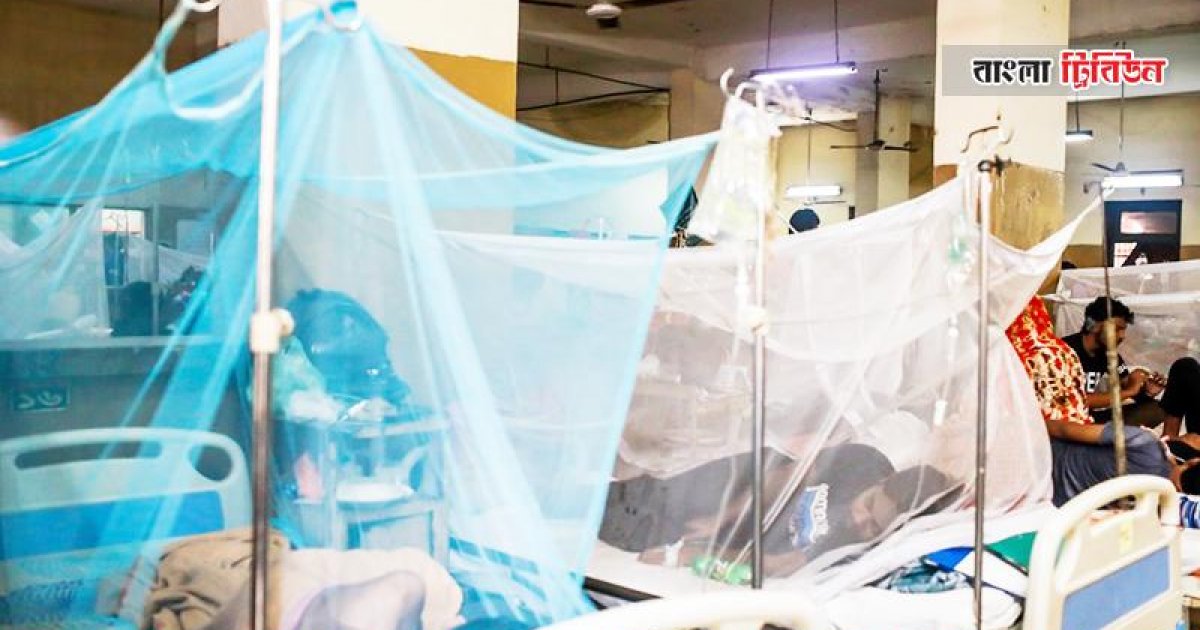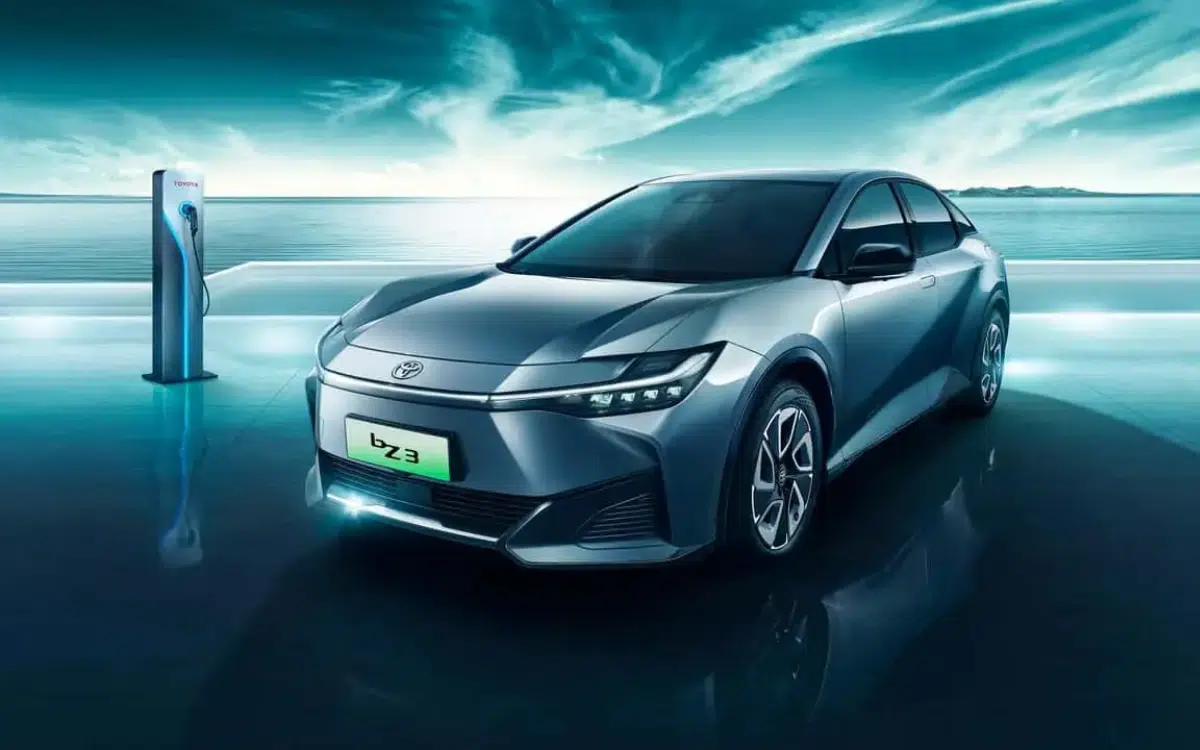Researchers Create Cleaner Alternative To Using Cobalt In Batteries
The post Researchers Create Cleaner Alternative To Using Cobalt In Batteries appeared on BitcoinEthereumNews.com. Topline A team of researchers in Japan has created a cleaner alternative to using cobalt—a rare element and key component in lithium-ion batteries—that also improves the battery’s chemistry. SAN FRANCISCO, CALIFORNIA – SEPTEMBER 14, 2018: An electric BMW vehicle gets its batteries charged … [+] in the parking lot of a hotel in San Francisco, California. (Photo by Robert Alexander/Getty Images) Getty Images Key Facts The new alternative is made up of a combination of lithium, nickel, manganese, silicon, and oxygen. The researchers said these elements are “far more common and less problematic elements to produce and work with.” The alternative material has outperformed cobalt batteries in some ways, according to the study, and can also withstand many recharge cycles. Cobalt is used in the electrodes—the positive and negative ends of the battery that lithium ions flow between to conduct energy—of lithium-ion batteries. The alternative lithium-ion batteries have a higher energy density, meaning they will last longer, the study said. The study added the alternative batteries were also able to fully charge and discharge over 1,000 times, and only lost about 20% of their storage capacity. Key Background Lithium-ion batteries are the standard for portable electronics such as cell phones, and are important for sustainable solutions like electric vehicles and homes with solar panels. As clean energy alternatives become more mainstream in the fight against climate change, the demand for cobalt has soared. However, cobalt, which is a main component of these batteries, is a rare element that is mostly found in mines in the Democratic Republic of Congo. Dangerous working conditions, which include child labor, have been widely reported on in the mines. The team’s lead researcher, Atsuo Yamada, said phasing out cobalt in batteries could have an “environmental, economic, social, and technological” impact. Crucial Quote “We still have…

The post Researchers Create Cleaner Alternative To Using Cobalt In Batteries appeared on BitcoinEthereumNews.com.
Topline A team of researchers in Japan has created a cleaner alternative to using cobalt—a rare element and key component in lithium-ion batteries—that also improves the battery’s chemistry. SAN FRANCISCO, CALIFORNIA – SEPTEMBER 14, 2018: An electric BMW vehicle gets its batteries charged … [+] in the parking lot of a hotel in San Francisco, California. (Photo by Robert Alexander/Getty Images) Getty Images Key Facts The new alternative is made up of a combination of lithium, nickel, manganese, silicon, and oxygen. The researchers said these elements are “far more common and less problematic elements to produce and work with.” The alternative material has outperformed cobalt batteries in some ways, according to the study, and can also withstand many recharge cycles. Cobalt is used in the electrodes—the positive and negative ends of the battery that lithium ions flow between to conduct energy—of lithium-ion batteries. The alternative lithium-ion batteries have a higher energy density, meaning they will last longer, the study said. The study added the alternative batteries were also able to fully charge and discharge over 1,000 times, and only lost about 20% of their storage capacity. Key Background Lithium-ion batteries are the standard for portable electronics such as cell phones, and are important for sustainable solutions like electric vehicles and homes with solar panels. As clean energy alternatives become more mainstream in the fight against climate change, the demand for cobalt has soared. However, cobalt, which is a main component of these batteries, is a rare element that is mostly found in mines in the Democratic Republic of Congo. Dangerous working conditions, which include child labor, have been widely reported on in the mines. The team’s lead researcher, Atsuo Yamada, said phasing out cobalt in batteries could have an “environmental, economic, social, and technological” impact. Crucial Quote “We still have…
What's Your Reaction?










































